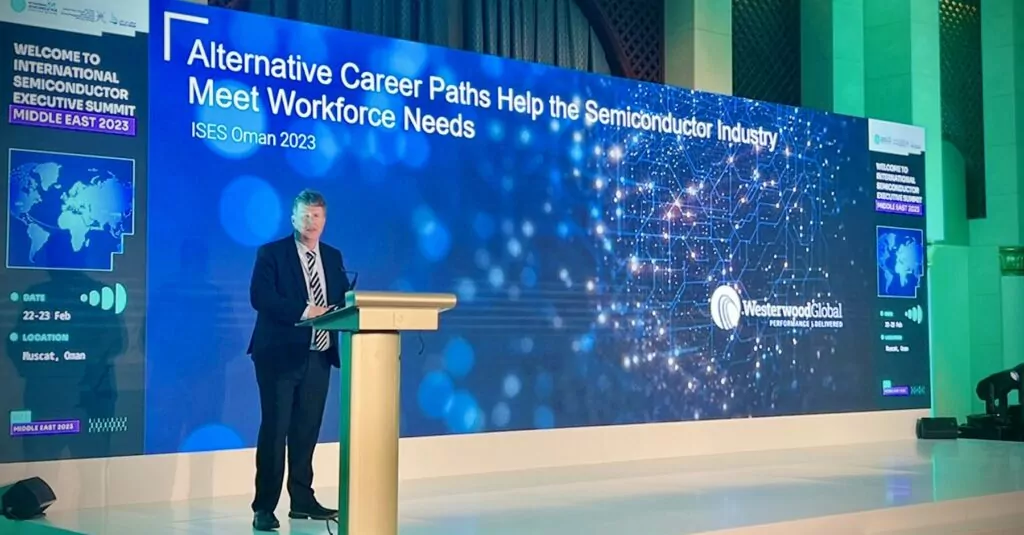The semiconductor workforce, which is estimated at more than two million direct semiconductor employees worldwide in 2021, will need to grow by more than one million additional skilled workers by 2030, according to Deloitte’s 2023 semiconductor industry outlook. That means adding roughly more than 100,000 workers annually, the report said.
With ongoing urgent initiatives to localize semiconductor manufacturing, what was already considered a widening talent gap in 2022 is expected to worsen for some parts of the industry in 2023 and remain a challenge for the rest of the decade.
“A less concentrated chip industry, could help US and European industries that rely on chips. But an industry that operates in more locations will need more talent, and more dispersed talent, to make trillions of dollars’ worth of chips,” Deloitte said.
The existing talent challenges are compounded by additional initiatives to overhaul a problematic supply chain, including the need to diversify back-end assembly and testing facilities on top of already building large-scale fab facilities in multiple regions. Semiconductor companies are accelerating hiring for a range of skills: electricians, pipefitters, welders, technical engineers, maintenance personnel, automation specialists, and more, which are all job groups with distinct training and educational needs.
The report goes on to suggest three potential strategies to mitigate some talent stressors: (1) Work more closely with higher education and vocational schools, (2) join hands with local government, and (3) adopt a diversity, equity, and inclusion (DEI) mindset.
These are all conversations that WGNSTAR is actively engaged in at the industry level.
With presentations at SEMI events, the recent appointment of WGNSTAR’s CEO to the SEMI North American Advisory Board (NAAB), which has an impact on public policy, and a DEI company culture, we are doing all we can to stay a part of the conversation and contribute to the solutions.
Most recently, WGNSTAR had the privilege of presenting at International Semiconductor Executive Summits (ISES) Middle East in Muscat, Oman, on how alternative career paths can help meet semiconductor workforce needs. Geoffrey Stoddart, SVP Global Business Development, provided an overview of current industry challenges and how Westerwood can mitigate talent stresses by optimizing resources across functional areas and by providing managed services.

Though our most recent presentation is updated with current industry data and developments, a peek inside how we view alternative careers paths and how they can help meet semiconductor workforce needs can be found on SEMI’s blog. Mentioned in the blog post is part of WGNSTAR’s alternative career path strategy: Hiring and training new graduates to fill open technician and process engineering roles and then fostering upskill and promotion opportunities. As echoed in a 2022 Accenture Report, this strategy “is both cost-effective and feasible in the near-term” to create more diverse and alternative skillsets to fill demand.
Related Articles:
Westerwood Global Presents at FOA Meeting on Widening Talent Shortage
Alternative Career Paths Help Meet Semiconductor Workforce Needs
